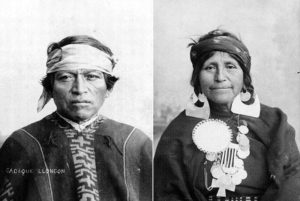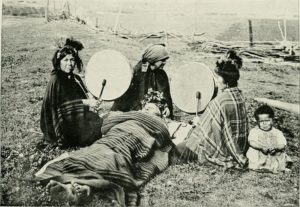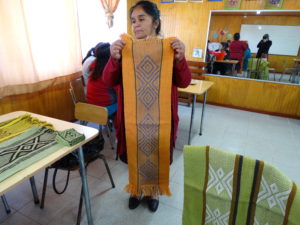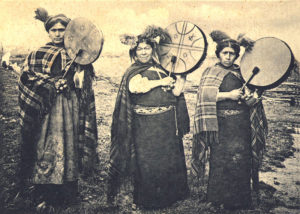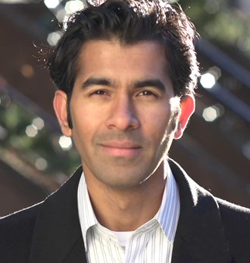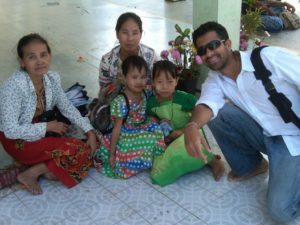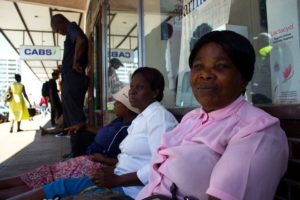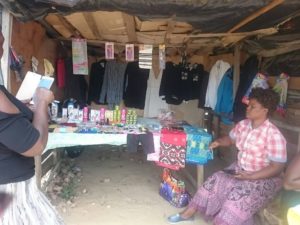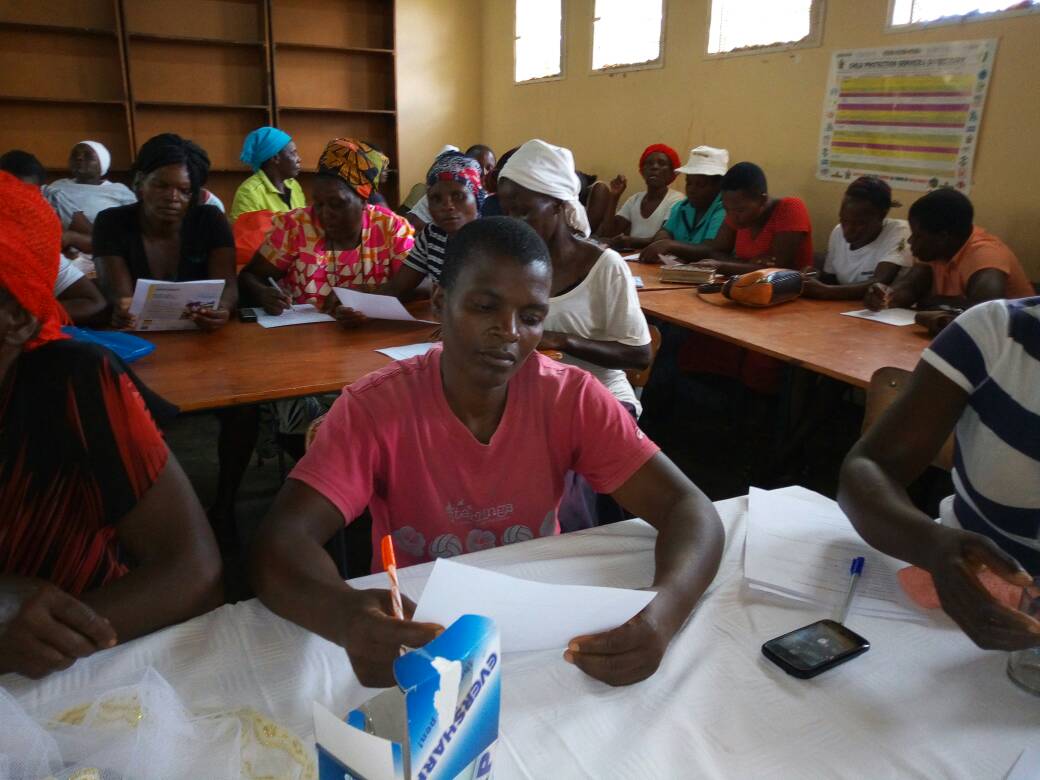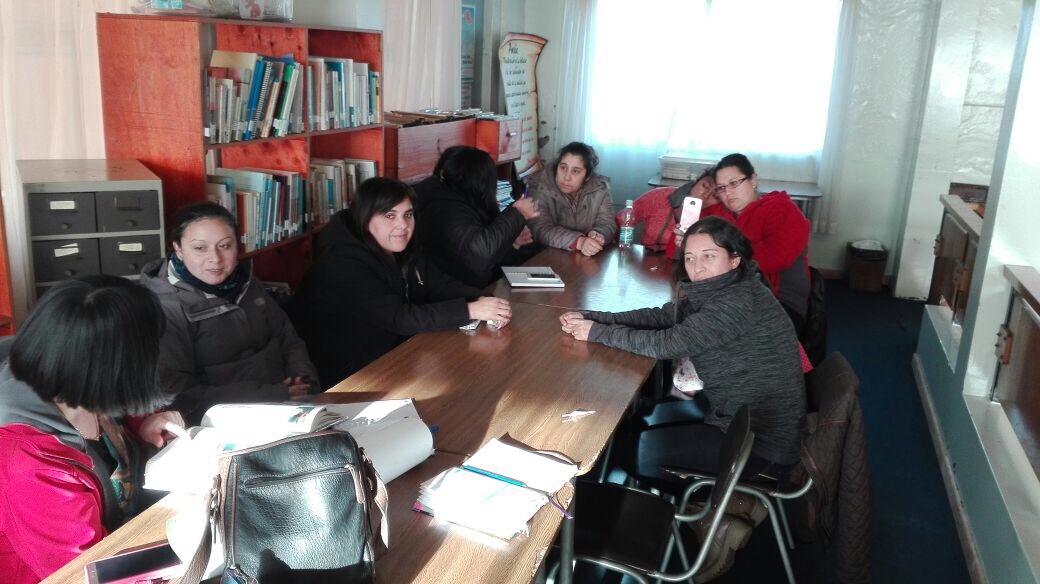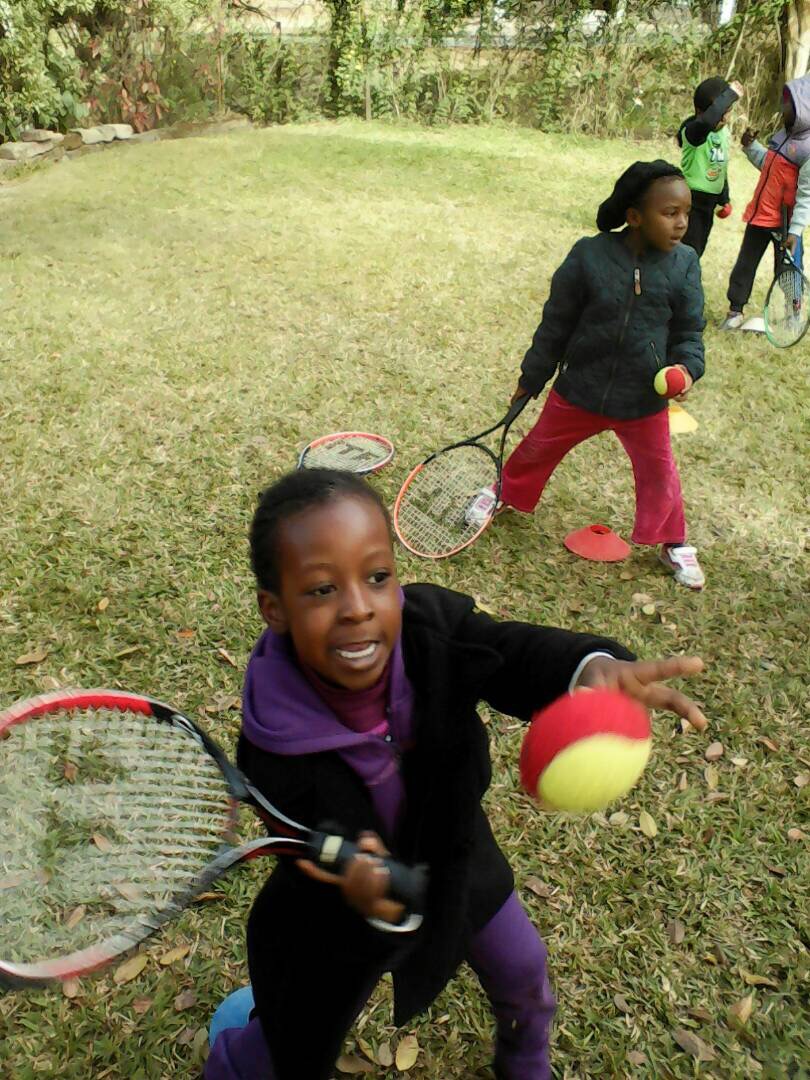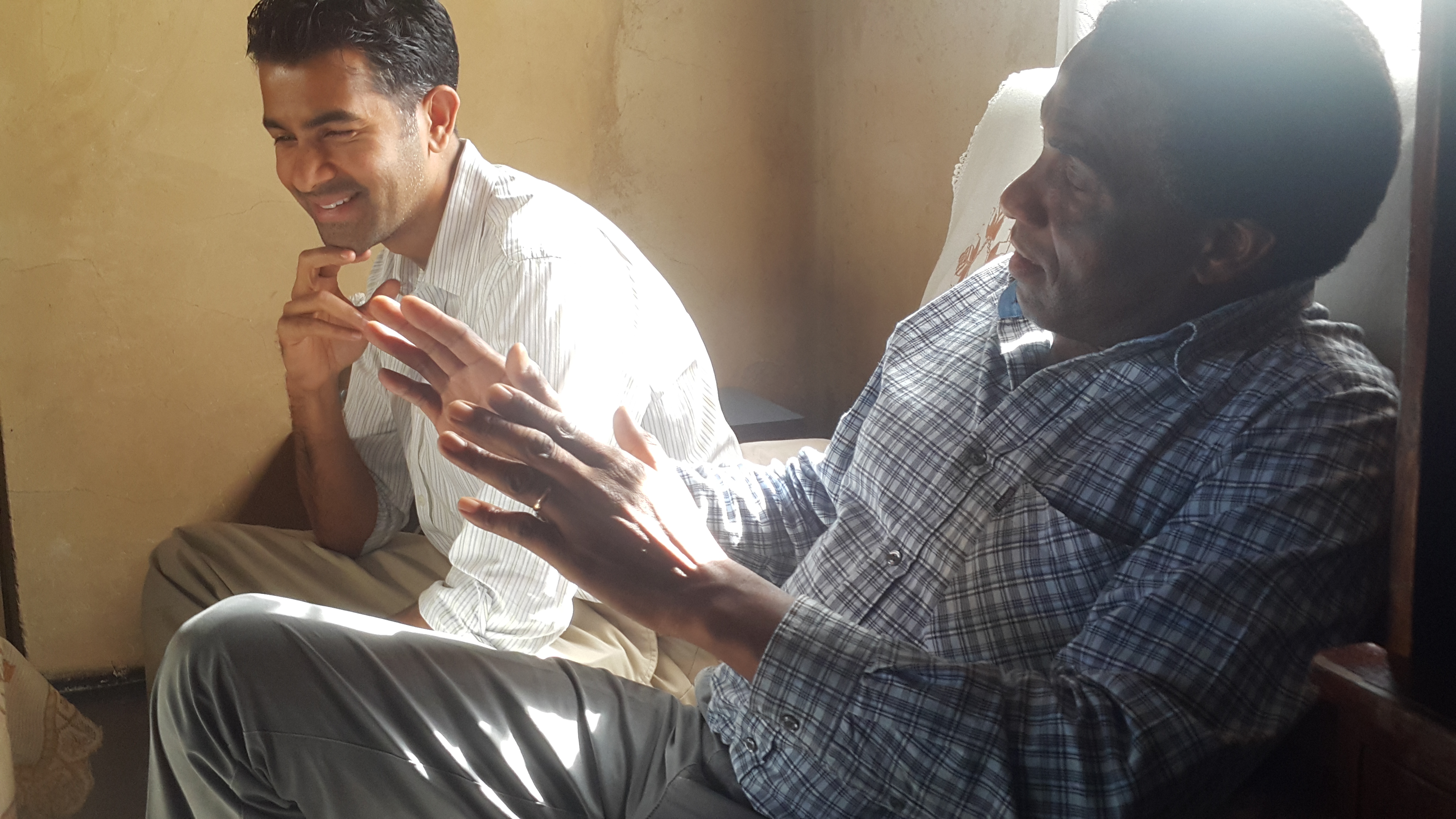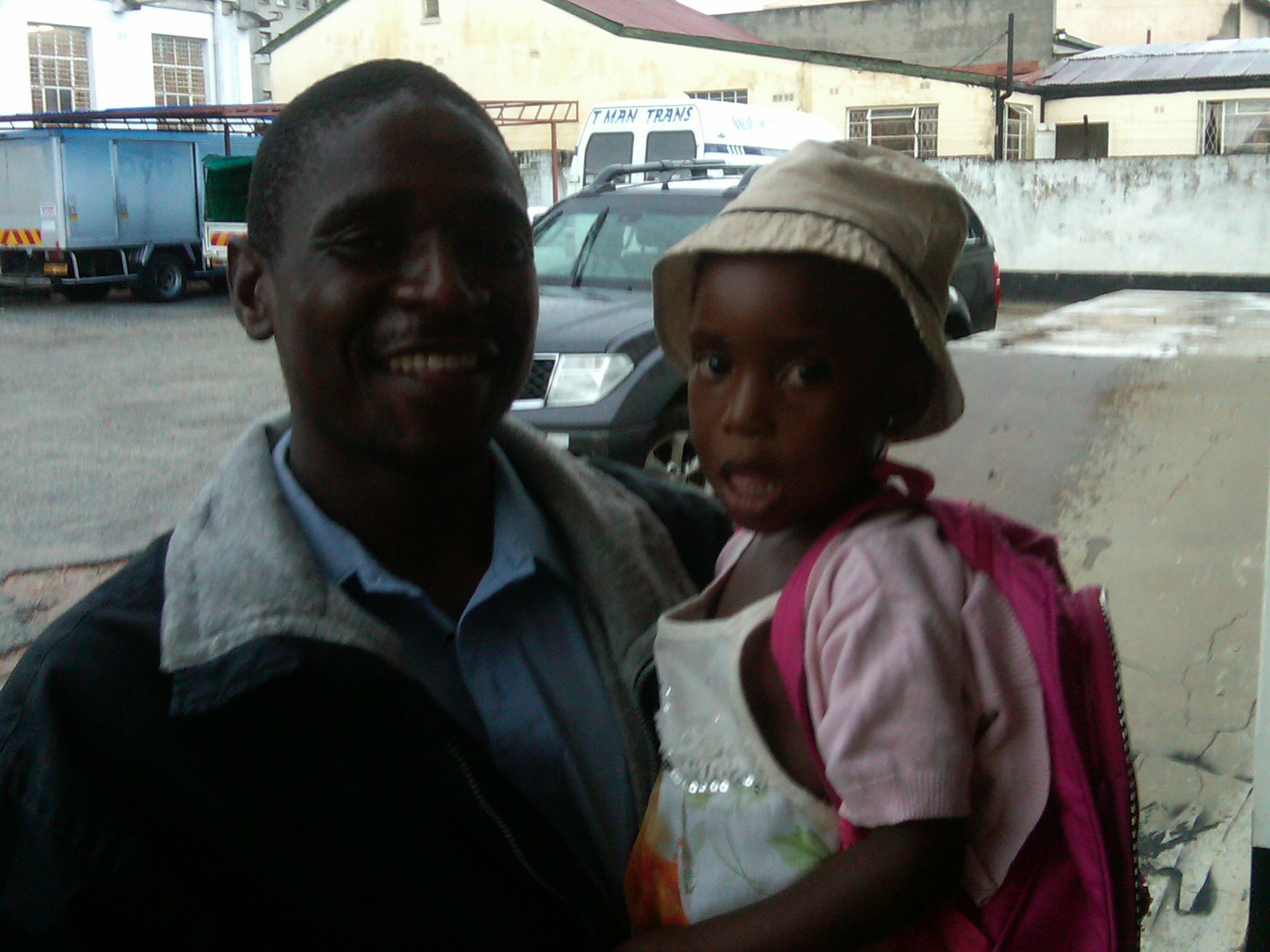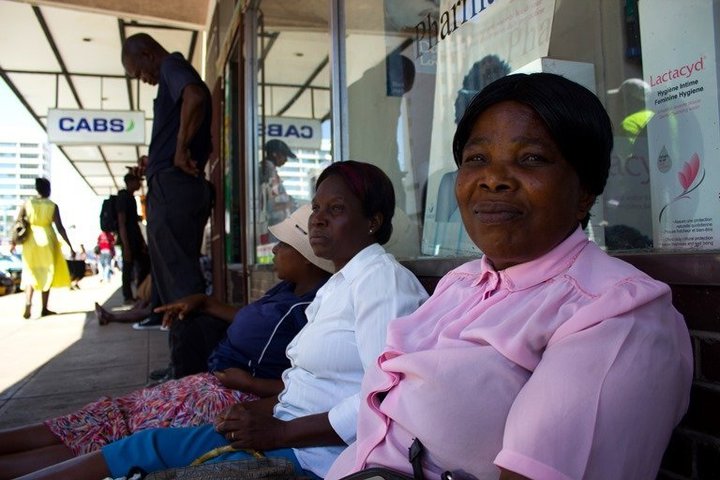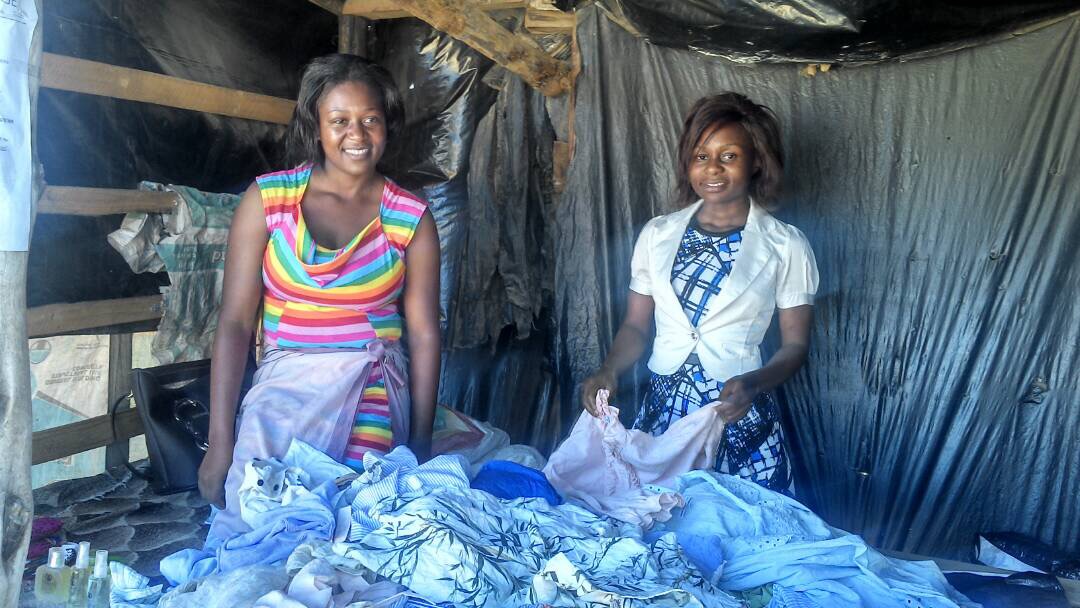At the heart of our charity’s success are the microfinance beneficiaries who take the modest loans we provide and transform them into thriving businesses—and in turn, thriving communities. But with locations in both Zimbabwe and Chile, how do we recruit the right women to participate in the program?
How We Find Candidates
Our teams on the ground in Mutare, Zimbabwe and Lebu, Chile use their local knowledge and connections to recruit beneficiaries. This may mean presenting to local women’s groups, churches, or government organizations, or just spreading information about our organization by word of mouth.
What We Look For
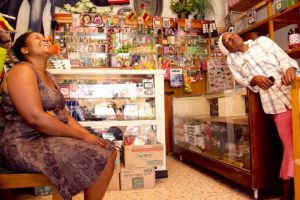 When we find potential candidates, we check their references, go over their business plan, and look at their previous experience in small business or trade. But ultimately, commitment to growing as an entrepreneur and contributing to their community may be the most important factor, says our founder, Shyam K. Iyer. “When we take a risk on a beneficiary we need them to know it’s a partnership between us, and their success is our success,” he says. “And when they succeed we hope their gains are invested in their families and the broader community.” The right candidate is “someone who sees SKIMFI as their opportunity to achieve independence,” he says. “If they want to take control of their finances and know we are there to give them a hand up and not a hand-out, they will succeed.”
When we find potential candidates, we check their references, go over their business plan, and look at their previous experience in small business or trade. But ultimately, commitment to growing as an entrepreneur and contributing to their community may be the most important factor, says our founder, Shyam K. Iyer. “When we take a risk on a beneficiary we need them to know it’s a partnership between us, and their success is our success,” he says. “And when they succeed we hope their gains are invested in their families and the broader community.” The right candidate is “someone who sees SKIMFI as their opportunity to achieve independence,” he says. “If they want to take control of their finances and know we are there to give them a hand up and not a hand-out, they will succeed.”
At the end of the day, what makes the biggest difference is the confidence of a beneficiary. Do they believe in themselves as businesswomen and will they stick with their plan when things get difficult? “Unfortunately in many of the locations we operate in women are not so encouraged in the business world,” says Shyam. “Finding that certain ‘it’ factor has been challenging and to this day is our team’s main goal.”
What We’ve Learned So Far
Since we began in 2013, we’ve learned to be more flexible in the terms we ask of our beneficiaries. “At the onset of our program we calculated risk factors and default rates and from there determined what each beneficiary had to do,” says Shyam. “Now that we have more confidence in our team and greater knowledge of the community we can afford to take greater risks, including longer-term arrangements and non-traditional business plans.”


